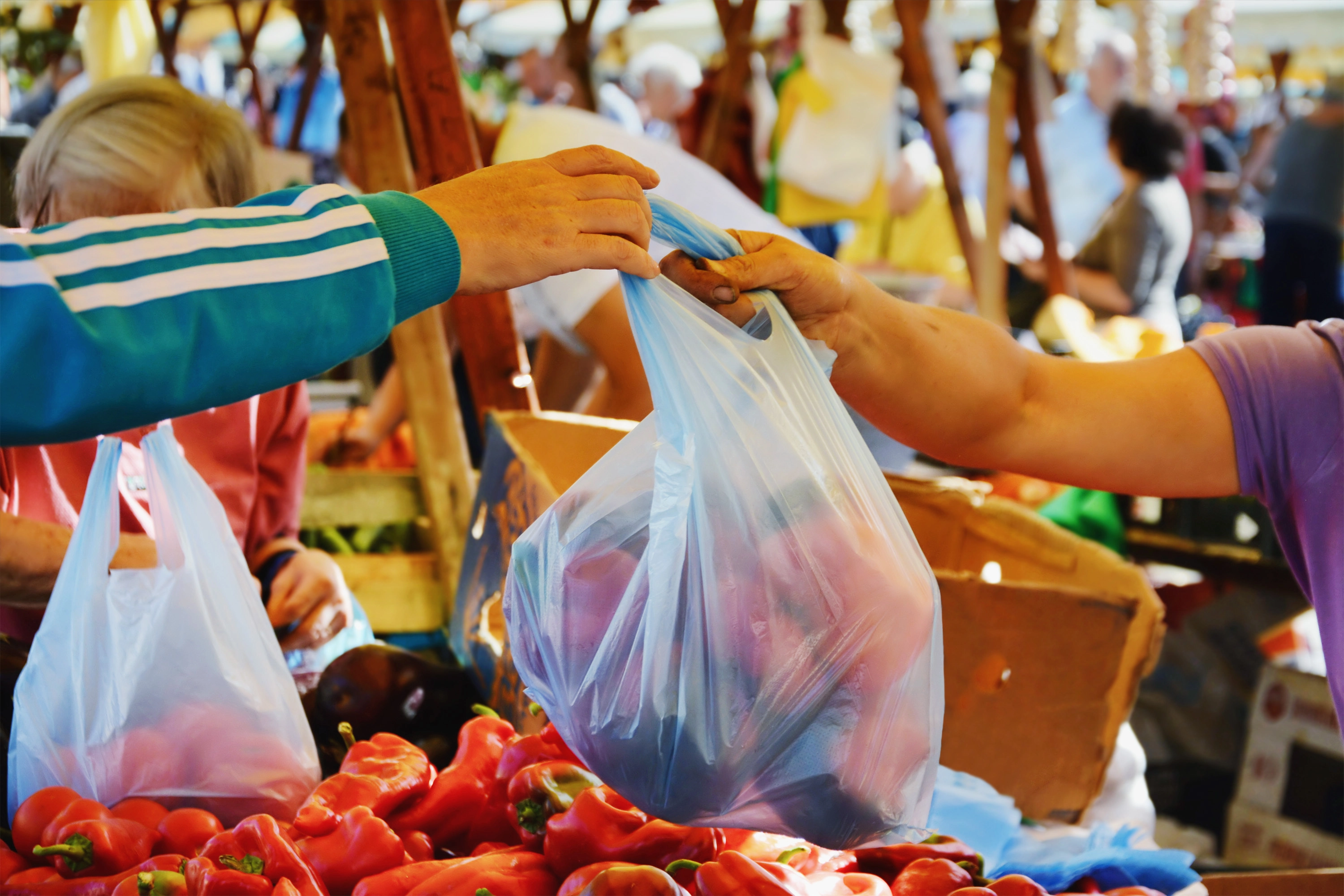Abu Dhabi residents and businesses are anticipating the implementation of the ban on single-use plastic bags by the government from June 1, 2022.
While residents said the ban was prompting them to rethink their own choices, businesses said they were introducing feasible alternatives for customers.
Combating climate change
Abu Dhabi’s environment sector regulator, the Environment Agency Abu Dhabi (EAD) announced the move on Wednesday, saying that it was part of a comprehensive strategy to combat climate change by reducing pollution and resource consumption.
While the ban will apply initially only to single-use plastic bags, the authority said it was also working to curb demand for 16 other disposable plastic products, including cups, stirrers, lids, and cutlery. It also plans to phase out all styrofoam products over the next two years. EAD has also stipulated technical standards for multi-use bags for various entities in the emirate.
Growing awareness
Taking to social media, many residents applauded the decision, calling it “great” and “amazing”. Some said they hoped that other emirates would also soon follow suit.
“There is now much more awareness among the general population about plastic pollution and its risks. In fact, I have found that many people even opt for the more sustainable option when they are given a choice and this move will ensure that people use alternatives to plastics,” Mohammad Hassan Abdallah, 43, an Emirati cafe owner and businessman told Gulf News.
“I am glad that the Abu Dhabi government has taken this decision. Protecting the environment is, after all, our responsibility,” he added.
Leena Chabaytah, 25, a media executive from Palestine, said the announcement had caused her to rethink her own choices. “This initiative has made me think more about my own practices. I am very careful about hygiene and often prefer to use disposable bags and cutlery. But once this ban comes into effect, I will have to use alternatives. I believe this will make me someone who is more conscious about sustainability and perhaps I will choose to carry my own cutlery,” she said.
Dubai has also announced its decision to charge a fee for the use of plastic bags from July onwards. Both Abu Dhabi and Dubai aim to ban them completely in two years’ time.
Across the world, more than 90 countries have already banned the use of single-use plastic bags, while 30 countries have imposed a fee on their usage.
Business efforts
Businesses that use single-use plastic bags will obviously have to provide alternatives to their customers, but business owners said such efforts have been in the works for a while already.
V. Nandakumar, director of marketing and communications at Lulu Group, one of the UAE’s biggest retailers, said the company had been working to reduce the use of single-use plastic bags over the past two years.
“We are totally aligned with the government’s decision to ban single-use plastic bags and will offer customers multiple alternatives. Already, Lulu stores offer reusable plastic bags at a fee of Dh2.50, with a lifetime replacement guarantee for each bag that is worn out. There are also jute and cotton bags in store, priced at Dh7.50. We are also working now to introduce cloth bags, which will be the cheapest alternative at about Dh1 per bag. Of course, customers can always bring in their own bags to take home their shopping,” he said
Following the announcement, the retailer is also looking at replacing plastic bags with bags made of paper or cornstarch.
“Our efforts have already seen plastic bag use drop at our stores by 55 percent over the last two years. This will take it down to zero,” Nandakumar added.
Protecting animals
Ibrabim Al Thuhli, the owner of Emirati cuisine restaurant Almeer Kitchen, said he had for long offered alternatives, including non-plastic bags and even cutlery.
“In the UAE, many animals are at risk from plastic pollution, including animals that are an important part of our heritage, such as camels and horses. We must clean up our act and our environment and I am happy that Abu Dhabi is taking this step,” he said.
Thus, he concluded that the public must take the step forward in cleaning up the environment to protect animals who are at risk from plastic pollution, especially animals part of the country’s heritage like camels and horses.


